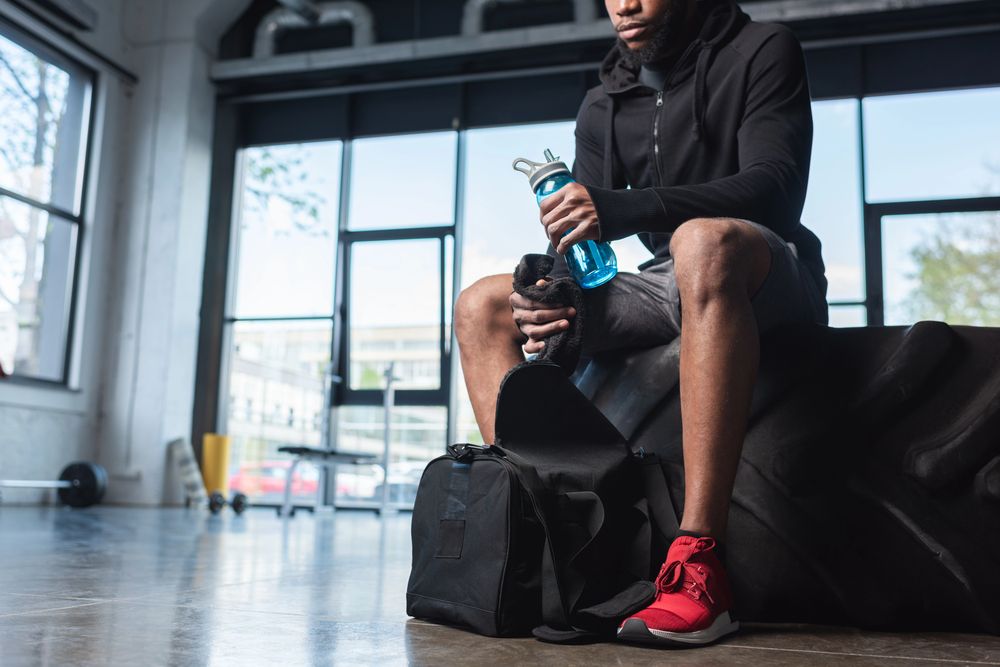
New York, September 25, 2024 (PAHO) – The Director of the Pan American Health Organization (PAHO), Jarbas Barbosa, made an urgent call to the international community to address in a supportive and equitable manner the growing threat of antimicrobial resistance (AMR). During his speech at a side event prior to the United Nations High-Level Meeting on AMR, Dr. Barbosa underlined the need to strengthen global collaboration and ensure that all countries have access to the tools and resources needed to combat this public health crisis.
“The rise in drug-resistant infections is a challenge that knows no borders and threatens our health security,” said Dr. Barbosa. “Its impact will not be felt equally, and communities with the most vulnerable health systems will bear the greatest burden if we do not act,” he added.
Antimicrobial resistance occurs when bacteria, viruses, fungi and parasites become resistant to drugs, making it difficult to treat infections and putting the lives of millions of people at risk around the world. New data estimates that AMR could contribute to 13 million additional deaths in Latin America between now and 2050, being directly responsible for 3 million of them.
The PAHO Director stressed the importance of solidarity and equity in the global response to AMR. “We must work together – governments, health care providers, researchers and communities – to share knowledge, resources and best practices,” he stressed. At the same time, “we must ensure that no one is left behind in our efforts to combat this global threat,” he added.
The UN High-Level Meeting on AMR, taking place on 26 September 2024, is an opportunity to advance the global response to this crisis. World leaders are expected to make concrete commitments to strengthen the prevention, detection and treatment of AMR, as well as to promote research and development of new antimicrobials.
“I am hopeful that together, through conversations like this, we can develop a global response that effectively addresses this ever-present threat,” said the PAHO Director at the event “Towards an Equitable Global Response to Antimicrobial Resistance,” organized in parallel to the 79th World Health Assembly by PAHO, the WHO Regional Office for Southeast Asia, the Wellcome Trust and the United Nations Foundation.
In addition to Dr. Barbosa, the event was attended by Paraguay’s Minister of Health, María Teresa Barán, and Barbados’ Minister of Health and Wellness, Jerome Walcott, among others. Together, they discussed the disproportionate impacts of AMR in developing countries and on people in vulnerable situations, who lack the resources to respond adequately. This results in a higher burden of disease and mortality, as well as high health costs and loss of productivity.
The need to foster equitable and effective commitments and investments in actions against AMR was one of the topics addressed during the event by representatives of the Wellcome Trust, the International Federation of Pharmaceutical Manufacturers and Associations, the Global Fund, GAVI and the World Bank.
Since the first UN High-Level Meeting on AMR in 2016, the world has paid considerable attention to this issue. The Political Declaration arising from the 79th High-Level Meeting of the United Nations General Assembly is expected to guide the political agenda on AMR in the coming years.






